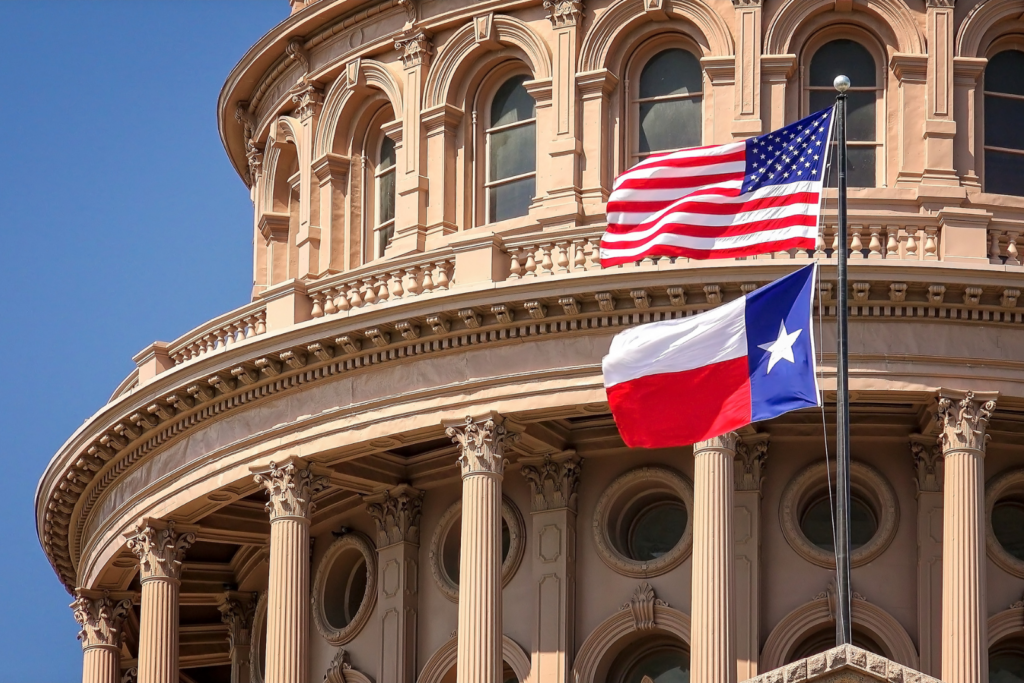There’s more encouraging news out of Delaware about third party litigation funding (TPLF). In late June, the state Senate passed a resolution encouraging the state court system to study the TPLF industry and its effects on litigation. This positive development comes a few months after the Chief Judge for the Delaware District Court issued a standing order requiring the disclosure of TPLF.
The resolution would require the state’s courts to appoint a committee of lawyers to study disclosure and decide whether to require lawyers to disclose outside funding sources. The resolution would then, if needed, have the Committee recommend revisions to current court rules to the Delaware Supreme Court or propose statutes to make litigation funding more transparent. It notes that “disclosure ensures that all parties are aware of the stakeholders who have a vested interest in the outcome of a case and allows all parties to make informed decisions regarding their litigation strategy.”
The growing multi-billion-dollar TPLF industry operates primarily in secret. Plaintiffs’ lawyers will strike deals with outside financiers in exchange for a handsome cut of any settlement or judgment. Many times, no one except the plaintiffs’ attorneys knows if there is a secret funder behind a lawsuit. ILR’s research paper, Selling More Lawsuits, Buying More Trouble, looks at the industry’s explosive growth and how it fuels abusive litigation, how the few TPLF agreements that have been made public reveal serious ethical issues with the practice, and what reforms lawmakers and policymakers can enact.
Delaware is the third federal court to require disclosure of third party litigation funding. In June 2021, the U.S. District Court for the District of New Jersey issued a rule requiring the disclosure of funding. Northern California issued its rule requiring disclosure in all proposed class actions in 2017.
The resolution is on hold until the Delaware General Assembly convenes in January. If the resolution passes, it would be a huge step toward pulling back the curtain on litigation funding.
Delaware had the #1 spot in ILR’s 2019 state lawsuit climate survey, and requiring transparency for third party litigation funding could help it keep the top spot.



